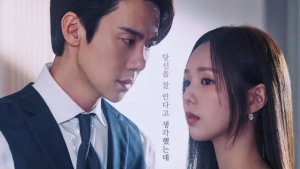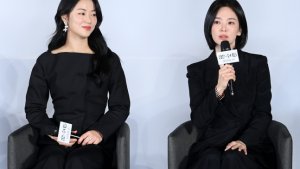 'When the Phone Rings' takes Netflix by storm, scores new personal-best ratings
'When the Phone Rings' takes Netflix by storm, scores new personal-best ratings
Book Review: Why Do Dramas Do That?
Right now, there are many people in the US who are just starting to experience the joy of watching Korean Dramas. The release of many shows on sites such as Crunchyroll, Dramafever, Hulu and Netflix has made subtitled versions available to viewers who in the past would have no legal method to watch. English speaking viewers, like us, in the US have to overcome subtitles, cultural differences and sometimes a dramatic search for a recommended series on all internet platforms just to enjoy a drama. There are many instances where confusion may set in. That is where this book is intended to assist.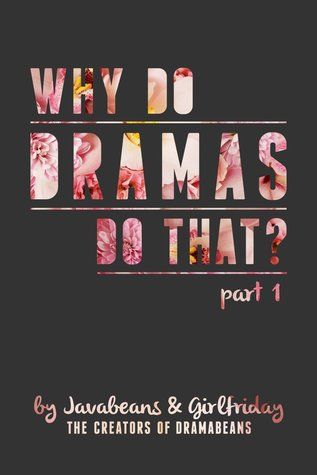
The authors are candid and amusing as they navigate the world of Dramaland for the rookies as well as any veterans who have seen many of the shows discussed. They entertain while diving into a world of entertainment that is in some ways vastly different from other media types, making this a book to bridge that gap.
The book is divided into four sections. The first section talks about defining a drama and why we watch them. The start of the book discusses the reason that the book can be useful and why many new viewers are attracted to the mini-series like seasons for which K-Dramas are known. The authors define one big attraction:
There are a number of advantages to this structure, namely that there's always a clear end in sight, and you'll never start a show that becomes your all-time favorite, only to have it canceled before the back nine ever air. (Firefly scarred girlfriday for life, while javabeans mourns Wonderfalls to this day.)

Personally, this was the initial reason that I began watching a mere four months ago. I was a victim of both the two series mentioned above (I recommend checking both of them out even though they were cancelled) and after watching show after show ruined by US broadcasting decisions I found solace in knowing that any k-drama I began would have a completed story of some kind.
A forewarning, for new k-drama watchers there are many spoilers in this book. Examples from many current, popular, and classic dramas are used to emphasize and illustrate the ideas or explanations being discussed. If a reader is completely against seeing a single spoiler before watching, there is a list of the shows referenced as an appendix at the end of this first installment. Though for a new viewer like myself, I enjoyed recognizing some of the examples and the others will probably leave my mind before I get to see the dramas that were discussed. So, don’t let this deter you from reading the book.
Once the book explains the basics of Korean television it opens it up to events within the shows that may be confusing for someone who is unfamiliar with Korean culture. The second section explains all the salutations associated with names and hierarchy. Particularly useful were the noona & oppa discussions, the formal versus informal language (which is very difficult to catch within subtitles until you have heard a lot of Korean, at least in my experience), and the explanation of the “signature seals” used with formal documents and bank accounts within many programs.
It's no surprise that mixed messages are part and parcel of using a term like oppa with so many loaded meanings. Which, of course, dramaland exploits on purpose. When is an oppa not an oppa? When is he insisting he's just an oppa to cover up that he really wants to be an oppa? Minefields, all. In conclusion? Oppa is a word with power. Don't abuse it, or things might go boom!
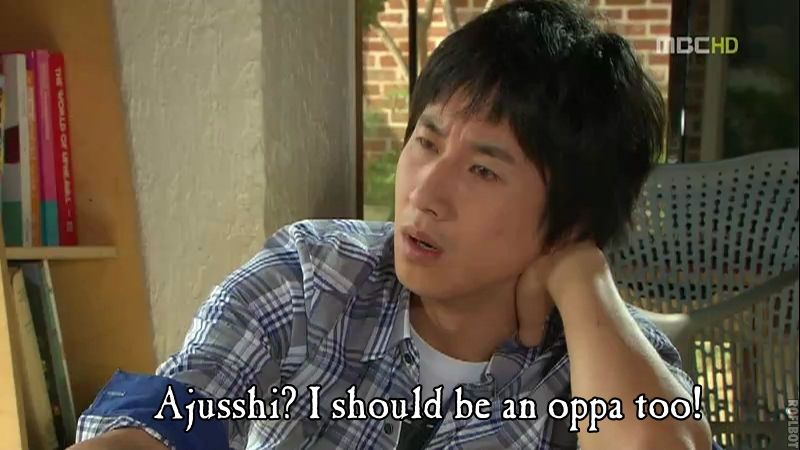
Those seals were also used as examples in part of the third section of the book which explores the importance of money in Dramaland and recognizes the abundance of prince/pauper, Cinderella/Candy and Cheobol/hard worker storylines within K-dramas. These stories are the ones that romantic comedies tend to be based upon, so it was a very interesting section for me personally. The romance and romantic comedies are prevalent despite the slight repetition of theme that is associated with them. It makes the drama writers work harder to make the differences grand enough to hold our attention.
However, given dramaland's obsession with chaebol heroes, perhaps it makes sense that Candy is his preferred mate— it's certainly the poetic choice. It's the ultimate Lizzy-and-Darcy setup, with the wealthy, cold man being thawed by the poor girl's warmth and looking past the social chasm that divides them to find true love. Sure, normal people fall in love with each other all the time in real life, but where's the poetry in that?
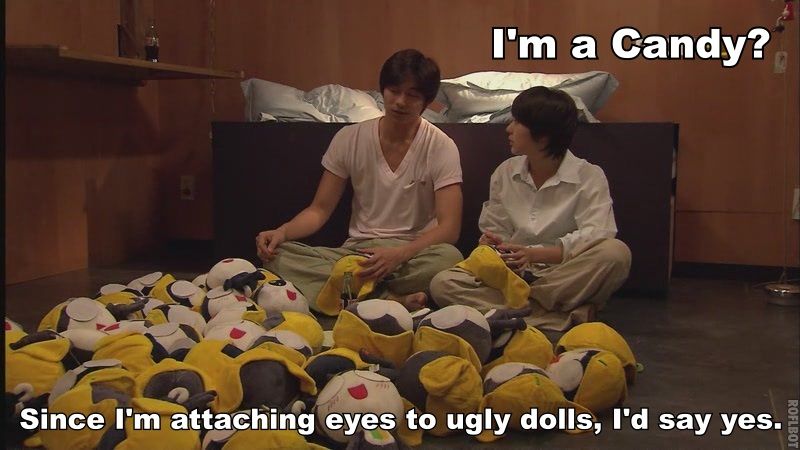
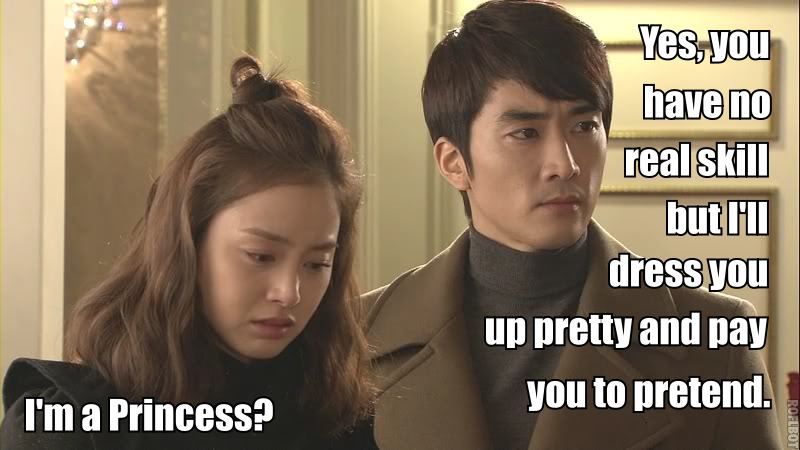
Throw a stone, hit an amnesiac. By drama odds, you'd think that people catch amnesia like the common cold (though if that meant characters could take yearly amnesia immunization shots, we'd be onboard with that).
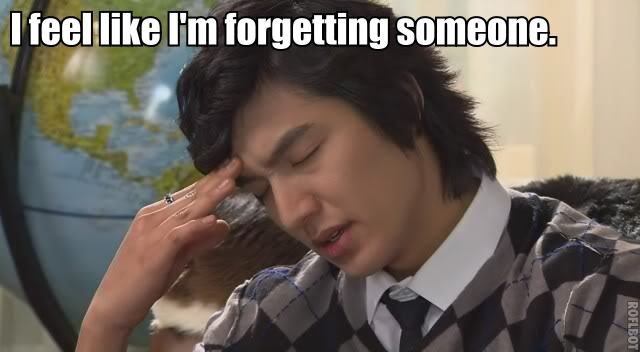
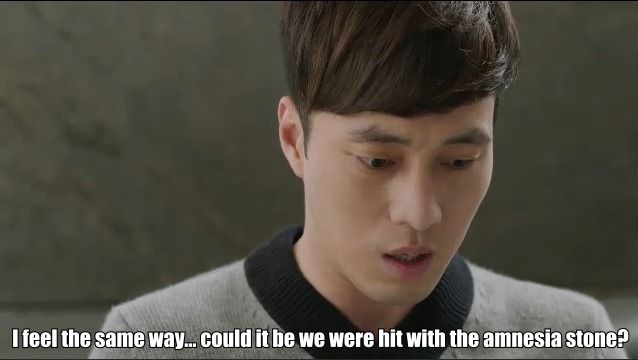
Overall this book is great for a rookie viewer, amusing for a veteran and good for emphasizing what makes Korean dramas so appealing for those outside South Korea. It is definitely worth the price to read something about a genre that it is so easy to love.


